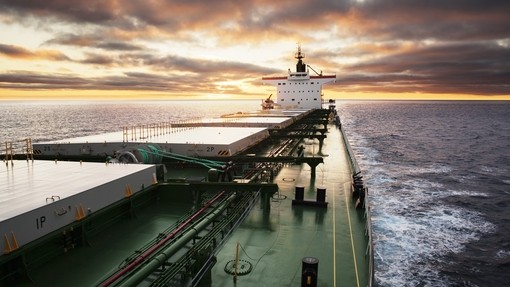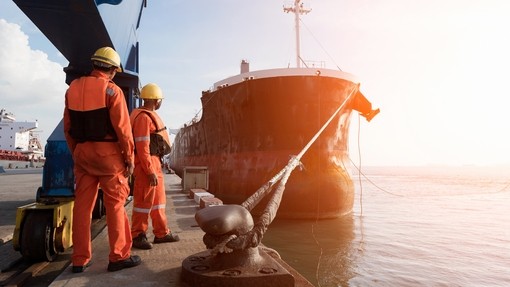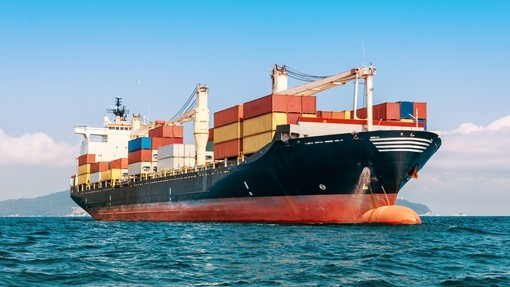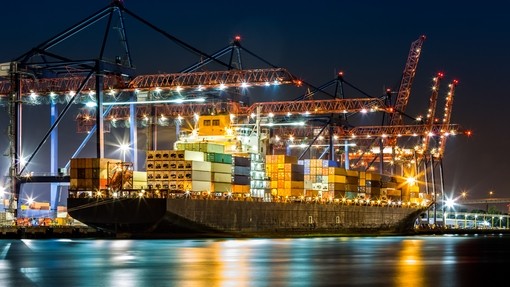Herculito Maritime Limited & others -v- Gunvor International BV & others [2021] EWCA Civ 1828
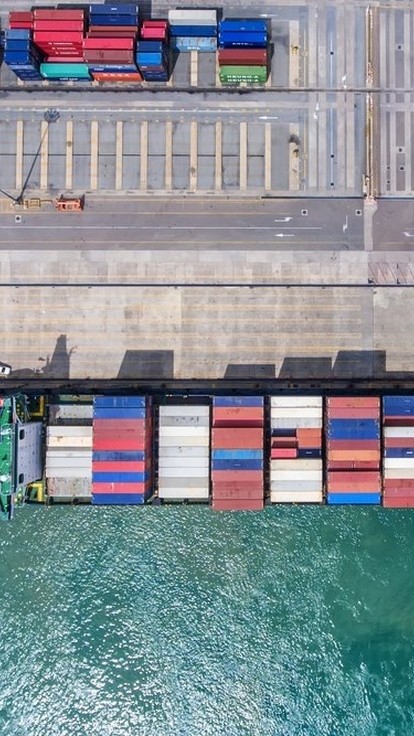
Details
Introduction
The Court of Appeal found that the bills of lading did not exclude liability on the part of the bill of lading holders for payment of cargo’s contribution in general average when the vessel encountered a peril insured under a policy of insurance.
The appeal followed an arbitration which held that cargo owners were not liable to contribute in general average and an appeal by owners to the Commercial Court, which reached the opposite conclusion.
Background
The owners of the m/v “POLAR” (‘owners’) sought to recover cargo interests’ proportion in general average after the vessel, laden with 69,493.28 metric tons of fuel oil, was seized by pirates when transiting the Gulf of Aden on 30 October 2010. Owners were required to pay a ransom totalling USD 7.7 million to secure the vessel’s release.
The vessel was chartered under a fixture recap which incorporated an amended BPVOY 4 standard form with rider clauses (together the ‘charterparty’). The charterparty stated that all bills issued under the charter were deemed to contain war risks (and other) clauses. The war risk clause included ‘acts of piracy’.
The charterparty required charterers to contribute towards any additional premiums payable by owners in respect of war risks and kidnap and ransom cover up to a maximum premium of USD 40,000. Any sums over this amount were for owners’ account. As well as owners being covered by insurance, cargo interests were also insured in respect of piracy and ransom payments.
The cargo was carried under six bills of lading, all of which were held by the same receiver. Five of the bills were on the INTANKBILL 78 form. The sixth bill was on the face of the INTANKBILL 78 form but had the congenbill terms on its reverse. All six bills sought to incorporate the charterparty and contained clauses which incorporated the York-Antwerp Rules 1974 or 1994 in respect of general average.
When the vessel was seized by pirates, owners declared general average resulting in cargo underwriters providing a general average guarantee and the receiver providing a general average bond.
Following the issuing of the general average adjustment, which concluded that around USD 4.8 million was due to owners from the cargo interests, owners commenced arbitration.
The Commercial Court decision
The tribunal concluded that cargo owners were not liable to contribute towards general average. Consequently, owners obtained permission to appeal.
On appeal, the Commercial Court found:
- While the words of incorporation in the bills of lading were wide enough to incorporate the relevant additional war risk clause and the Gulf of Aden clause, and while these clauses were connected to the loading, carriage and discharge of the cargo and therefore prima facie incorporated into the bills, the Court was not prepared to conclude that it the parties intended to incorporate these clauses in their entirety into the bills.
- The additional insurance premium referred to in the Gulf of Aden clause did not impose any liability on the bill of lading holder to pay the premium, despite being incorporated into the bills.
- Owners were prevented from recovering the general average contribution from charterers (as the loss occurred due to an insured event and charterers had paid the insurance premium and, therefore, created an exclusive insurance fund between owners and charterers), owners were not precluded from seeking the general average contribution from cargo interests.
The Court of Appeal decision
As a result of the Commercial Court’s decision, cargo interests sought (and were granted by the trial judge) permission to appeal the decision to the Court of Appeal. The principal submissions on behalf of cargo owners were as follows:
- Regardless of whether the bill of lading holders were under an obligation to pay the insurance premium, owner’s agreement in the charterparty, to look exclusively to its insurance in the event of detention by pirates, was incorporated into the bills of lading for the benefit of cargo owners.
- If it mattered, the terms of the bills should be ‘manipulated’ to impose on the bill holders an obligation to pay (jointly and severally) the additional premium up to the level required by the charterers.
Owners submitted:
- Without manipulation of the charterparty, charterers were obliged to pay the insurance premium, and this amounted to nothing more than an agreement by owners not to seek a contribution in general average from the charterers.
- Clear words would be required to evidence an intention to give up a right against another party, particularly where it would have been understood that the other party will have insurance against the liability (as in this case).
- Manipulation of the bill of lading to impose an obligation on the bill holders to pay the insurance premium should be rejected as commercially unrealistic because of the legal and practical difficulties in obtaining reimbursement.
Having heard the submissions, the Court of Appeal found:
- The incorporation of the terms of a charterparty into a bill of lading is a question of construction of the bill of lading contract, the conclusion of which should be tested against the terms of the contract and business common sense.
- While the clauses in the bills incorporating the charterparty were widely drafted, it was doubtful that the clauses were sufficiently wide enough to encompass terms which may be implied from the charterparty’s express terms.
- The provision obliging charterers to pay for the additional war risks and kidnap and ransom insurance premium was directly relevant to the carriage and discharge of the cargo and the clauses could be prima facie incorporated into the bills of lading.
- Despite (3) above, it would not be appropriate to ‘manipulate’ the terms of the bills of lading to extend this obligation to cargo owners, thereby extending owners’ agreement to waive rights to claim a general average contribution from cargo owners.
- An individual bill of lading holder would want to know how much of the insurance premium it was liable for and the absence of this explanation in either the bills or the charterparty suggests that the bill of lading holders were not intended to be liable for the premium.
- It was not sufficient to say that each bill of lading holder was jointly and severally liable given the ‘considerable practical difficulties’, especially where there may be circumstances when bill holders do not know each other’s identities.
- Weight should be placed on the presumption referred to in Gilbert-Ash (Northern) Ltd v Modern Engineering (Bristol) Ltd [1974] AC 689, 717. ‘in construing … a contract one starts with the presumption that neither party intends to abandon any remedies for its breach arising by operation of law, and clear express words must be used in order to rebut this presumption.’ Given the absence of clear wording in this case, the Court considered that this presumption should apply.
- There was no commercial imperative to apply cargo owner’s construction.
- Consequently, owners were entitled to look to cargo owners for a contribution in general average.
In summing up the judgment, the Court highlighted that both parties were insured against the risk of piracy and that allowing owners’ claim meant that each set of insurers would bear its share of the risk it had agreed to cover. This was contrasted against excluding owners’ claim which would have meant the entire loss would have been met by the owners’ insurer and would allow cargo owners’ insurers to escape liability for a risk which they had agreed to cover.
Comment
While every case will turn on its own facts, this case does indicate a need for clear wording in a bill of lading to exclude owners’ rights allowed in general average. It also indicates that the courts may be prepared to ‘stand back’ and consider matters in the round, especially where both parties are insured against the risk giving rise to the claim.


